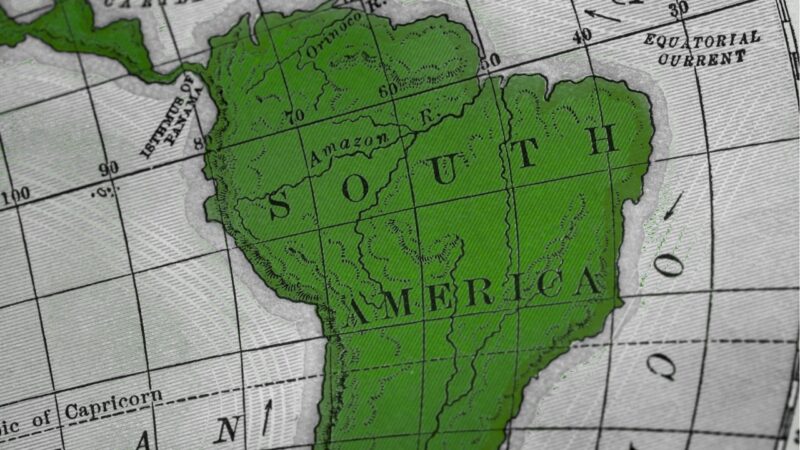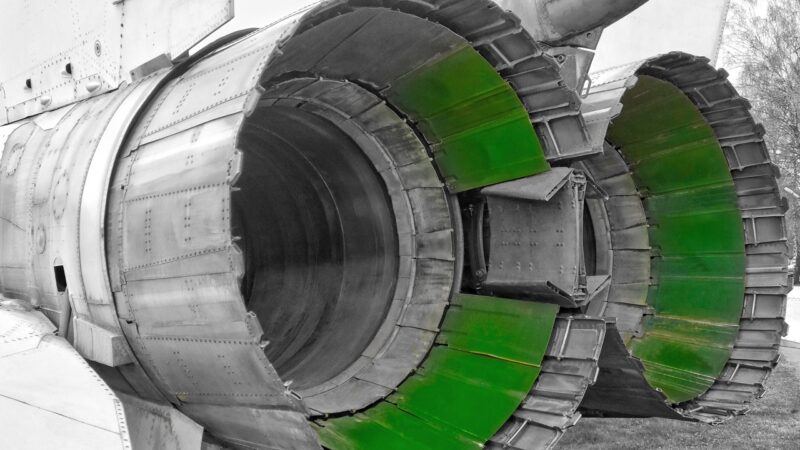Ukraine’s Presidential Elections: The Historical Dimension
As a historian, I do like all presidential elections in Ukraine. They are brief moments of veritas, when all the hidden social threads of history become visible for outsiders—especially when these threads repeat themselves. But as a Ukrainian, I do not usually like what I see. Each presidential election looks like either Judgement Day or a dangerous tightrope walk in a circus tent—you know what I mean—and even more importantly, history sometime repeats itself.
Hundreds of political commentators are trying enthusiastically to forecast the future outcome of Ukraine’s current, unpredictable political situation. In contrast, historians focus on longer-term cycles and structures, and more able to keep calm. Petro Symonovsky, a Ukrainian historian in the late eighteenth century, observed: “A spark of hate smoulders in the hearts of the Little Russians.” Was this diagnosis based on his knowledge of the past or on his personal experience…?
The Ukrainian geopolitical situation remains precarious, as it always seems to have been. It is still hard to say whether the country will be able to survive without external assistance. Ukraine represents the classic type of borderland society, which is essentially hybrid. It has constantly been at the epicentre of geopolitical turbulence. This why its local populations have instinctively developed unique survival tactics.
Their attitude is that one must always keep one’s options open, in order to be able to expediently switch allegiances to the winning side. Contradictions, as well as ambiguity and unreliability, are the down-sides to this modus operandi. In my considered opinion, it is difficult for any observer to understand this Ukrainian peculiarity, since the society itself has very often been unable to articulate it. “Are you alive or dead? – They remain undecided…” (Yuri Andrukhovych).
Setting aside the emotionally denigrating features of the term, the collective identity of people living in the Ukrainian-Russian borderland could be called Little Russian. Those living along the Ukrainian-Russian border maintain a pro-Russian fall-back position. Essentially, it’s a survival tactic under the conditions of Russian political and cultural domination. Depending on the situation, “Little Russians” could change overnight to “Ukrainians” and back again the next day. It’s an indicator of the situation both within Ukraine and in Ukrainian-Russian relations.
I doubt whether Ukraine, in its present state, is attractive to anyone except Russia. No wonder Russia keeps its doors open for the Little-Russians; it remembers history well. In effect, Western modernity arrived in Ukraine via Russia. It was the Russian Empire that established a modern, urbanized region in what is now Ukraine’s southern and eastern territory. For those who do not realize it, Ukraine was not a colony within the Russian Empire and the Soviet Union, but it reveals a deeply embedded colonial mentality in its fight against the imperial legacy of both.
Indeed, if Russia was more civilized, there’s no doubt which way Ukrainians would vote, for both ex-Soviet republics still share the same socio-political cultural traditions and historical legacy. However, Russia has not yet determined its destiny, whether it’s to be an empire or a nation-state. President Putin revived the old-fashioned Russian imperial nationalism, but seems incapable of considering its modern alternatives. Instead, the traditionally corrupt Russian bureaucracy and unreformed official church only magnify its adventurous foreign policy. That is why Putin found no support among Ukrainians for the Novorossia (New Russia) project.
In order to overcome the burden of the past, “Project Ukraine” can only hope for success if it is innovative—it must look forward, not back, in order to find its legitimacy. This means being open to experimentation, dynamic social supports, and relative freedom of the person and of civic society. If the hybrid, atomized society that is Ukraine today can at least find a foothold, it has the chance to build stronger and more effective institutions, set on a foundation of mutual trust and involvement. Otherwise it will be unable to resolve the three basic problems of security, daily bread, and modernization.
Nation-state building is of no less importance, of course, but finding a balance between the national and social components of Ukraine’s political strategy requires its political leadership to be more mature. President Poroshenko adopted the wrong image and tactic to win this presidential election. A businessman and experienced politician, he was expected to be more pragmatic and modern in conducting Ukraine’s domestic and foreign policy. Instead, this multimillionaire in charge of the poorest country in Europe decided to follow in the steps of Viktor Yushchenko, in the role of “father of the nation” rather than “people’s President.”
It was premature to announce that a Ukrainian civic nation had emerged after the Euromaidan (or Revolution of Dignity) in 2014. Under the circumstances of the external threat and invasion of its sovereign territory, Ukraine’s temporary consolidation failed to solve its fundamental problems of a parasitic state, widespread corruption, lack of dialogue, and alienation of the people from their government, as well as a pervasive mythological worldview of the majority of people. This is also Ukraine’s historical legacy. There is nothing in its past that could contribute positively to its future.
In order to succeed, Ukrainian nation-building must become flexible and open to change. Symbolism is enormously meaningful in a society that seems to be caught up in mythologizing. Why not create a new anthem, since the current one is properly sung only by opera singers? The nation’s capital also needs to be changed to a different city that would fulfill only the strictly administrative and representative functions. A referendum should be held on the Donbas and Crimea, and then, if they want it, they should either be reincorporated—under normal conditions—or be cut off and let go once and for all. All these means coming to terms with the “Little-Russians.” For a decision of this magnitude, Ukraine will need a de Gaulle or an Adenauer, to be sure.
Today, many people around the world are gazing upon the Ukrainian political sideshow, but I am not sure that the majority would be capable of understanding or predicting Ukraine’s future. Many people in Ukraine waited for a new generation to come. Well, now it is coming… However, the predictions of analysts are often erroneous—even of those who have not yet written off this paradoxical country. And therefore, my own prognosis shall be in the traditional Ukrainian style: “It’ll all work out somehow…”
Volodymyr Kravchenko


‘There is nothing in its past that could contribute positively to its future’. Is this not a little bit apocalyptic? And wrong, I could name quite a few things that I think pass this test, not all from the realm of myth. I would rather conclude that the difficulties Ukraine faces are typical of countries in post-imperial situations with hybrid identities. Such is the history of the Balkans too. There is much to do, of course, to foster sufficient economic growth, but the fact of elections with an uncertain outcome constitutes a bit of a success in itself. Self-deprecation is any case a poor councillor.
This shows you the problem of the world we live in where everybody thinks they are “experts” on contemporary politics and international relations. Krawchenko is a good historian. He should stick to history and leave politics to us political scientists.